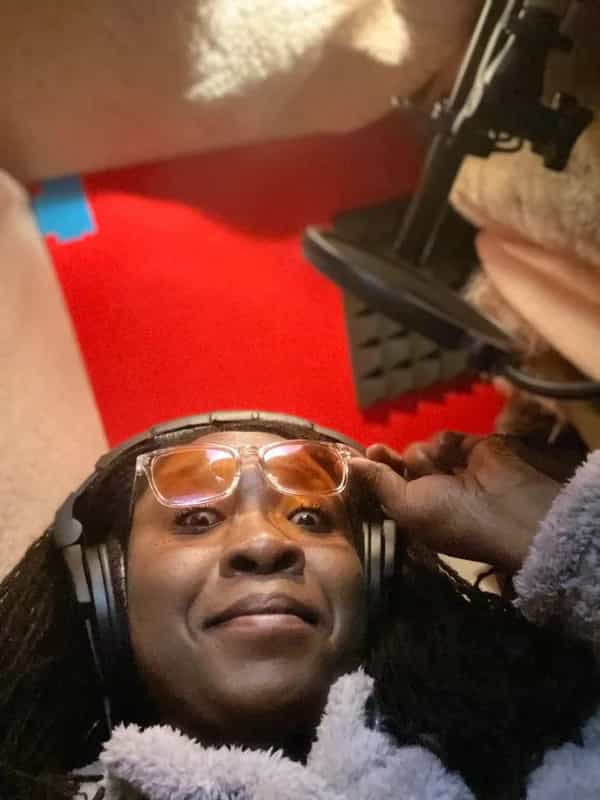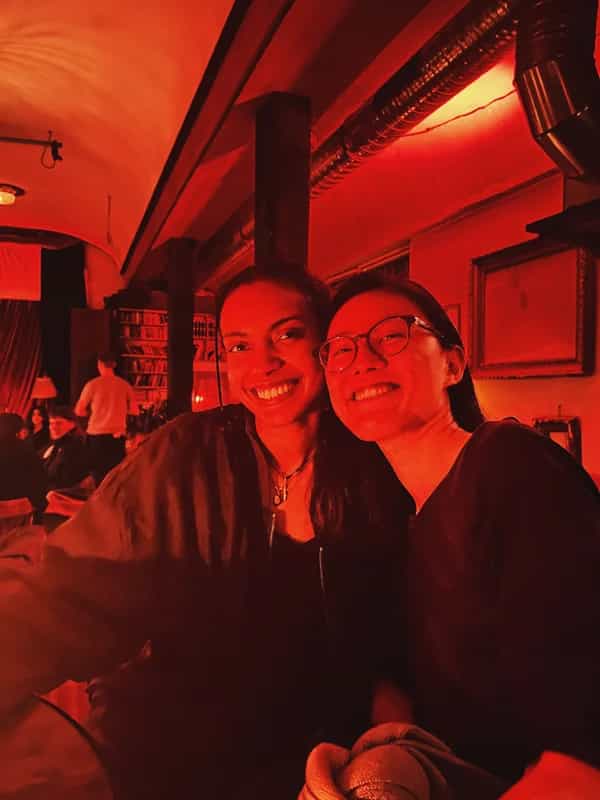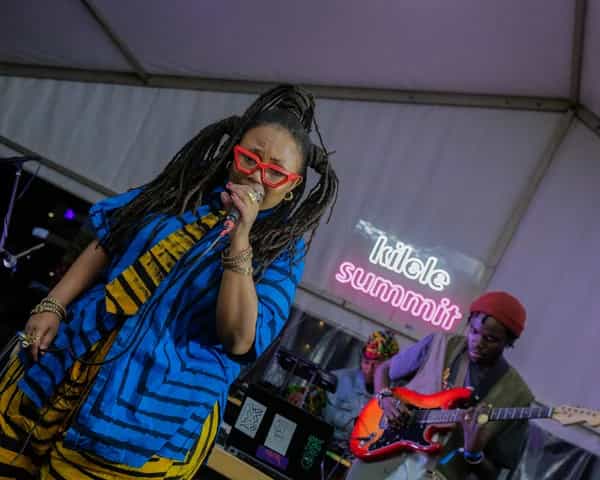


In this episode, we explore the work of uMntwana uMagogo, guided by the insightful framing through Kholeka Shange's thesis "Ngiphathel’ uGubhu Lwam’ Ekhaya Lapha, Mnawami! UMntwana uMagogo and the photographic image" where she confronts a critical reevaluation of Princess Magogo kaDinuzulu within Zulu historiography. Shange's perspective challenges the prevailing one-dimensional and patriarchal portrayal of Princess Magogo, shedding light on the marginalisation of Zulu royal women's histories within oppressive systems.
Drawing from a Blackwomen-centric feminist methodology, Shange's thesis disrupts normative readings of uMntwana uMagogo's representations, revealing the paradoxical hypervisibility that obscures her everyday existence. By situating uMntwana uMagogo within the context of twentieth-century South Africa and the oppressive regime of apartheid, Shange's study uncovers the ordinary experiences overshadowed by her larger-than-life portrayal.
Through this critical lens, we navigate the complexities of uMntwana uMagogo's identity as a colonised subject and Black woman, traversing the landscape of institutionalised racism and patriarchy.
This episode flips through layers of history, culture, and identity, reimagining uMntwana uMagogo beyond the confines of traditional historiography.
With Guest: uMntwana uMagogo was deeply immersed in traditional Zulu culture from her upbringing in the early 1900s. Despite societal norms, she pursued her passion for music, mastering instruments like the ugubhu and isithontolo.
Her musical career gained momentum in 1939 with recordings by Hugh Tracey, leading to widespread recognition. By the 1950s, her compositions were broadcasted internationally, showcasing her talent for reinterpreting traditional Zulu songs and folktales into captivating musical pieces accompanied by ugubhu.
-600x745.webp&w=3840&q=50)






